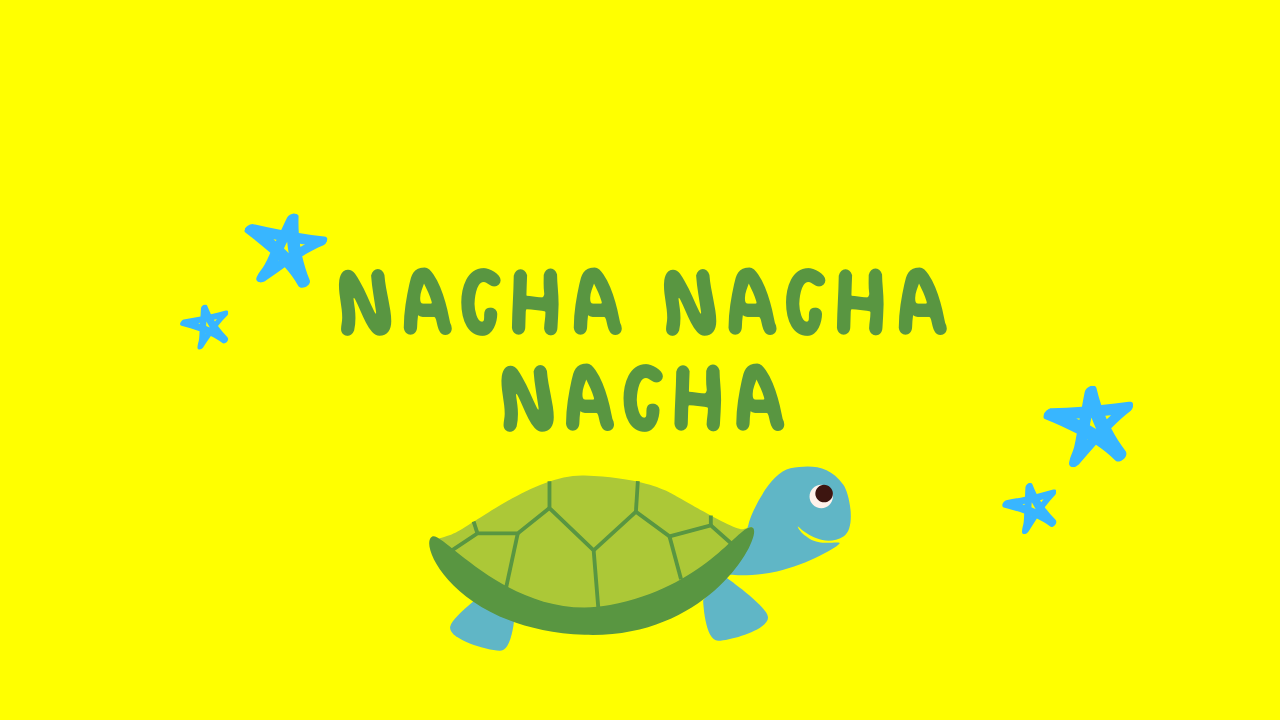A fun way to learn Lubukusu through the much loved Bukusu play folk song: nacha nacha nacha.
Folk songs are an important part of a community’s oral literature. This because their use of memorable rhyme, imagery and simple words serve as a potent tool of preserving and passing on a community’s body of knowledge. Consider the Bukusu folk song below.
In this folk song, children learn about the environment around them as they are introduced to wild animals. Further, the portrayal of the wild animals as bearing human characteristics, anthropomorphism, is today recognized as an tool that assists in learning. Moreover, anthropomorphism attributes human traits to non human entities and thus “renders it worthy of moral care and consideration“. In addition, the mention of a Bukusu clan could be interpreted as subtle way of teaching about identity.
Nacha nacha nacha Nanyola ekhisi eyo Esia bulo bwayo Ne babana bayo Yalome eli sielekho Nasia nasia nasia Yaloma eli khoche Nacha nacha nacha nacha Nanyola makhutu mumechi Yipilisia binanda Binanda kolokolo Kolokolo ye bakhoma Bakhoma sebalia éengokho éengokho masiliokokho Samba khu lukina lwo mwana Kapangalia wui! wui!
Nacha nacha nacha Bukusu play folk song
The Bukusu play folk song translated: Meet new Lubukusu words
What follows is a translation and a bit of context on this loved Bukusu play folk song.
Nacha *3
I went I went I went
Nanyola ekhisi eyo
I found a gazelle. Ekhisi is gazelle in Lubukusu. It’s pronounced as eh-k-si.
Esia bulo bwayo
Grinding its flour
Ne babana bayo
With its children. Babana, pronounced as ba-bana, is Lubukusu for children.
Yalome eli sielekho
It asked me to help
Nasia nasia nasia
I ground (the flour), I ground, I ground
Yaloma eli khoche
It asked me to go
Nacha *3
I went I went I went I went
Nanyola makhutu mumechi
I found a tortoise in water. Makhutu is the Bukusu word for tortoise.
Yipilisia binanda
Playing guitar. Binanda is guitar in Bukusu; compare with the Swahili word kinanda which means a stringed musical instrument, a harp.
Binanda kolokolo
Guitar shaped like kolokolo.
Kolokolo ye bakhoma
Kolokolo of bakhoma clan. The Bakhoma clan of the Bukusu as we saw in our post on Bukusu clans and cheeky reputations, are a much stereotyped clan. The next line of this folk song goes on clean up their not so rosy reputation. I wonder why?
Bakhoma sebalia engokho
Bakhoma who don’t eat chicken.
Engokho masiliokokho
Chicken with chicken poo. Masiliokokho is Chicken poo in Bukusu. Growing up, we believed that applying masiliokokho to the gum where a tooth had been extracted would help it grow faster. Needless to add, in spite of the assurances, no one dared.
Samba khu lukina lwo mwana
Step on the babys comb. The ‘comb’ here refers to the red colored serrated meaty flap atop a chicken’s head.
Kapangalia wui! wui!
Kapangalia wui! Wui!
About Lubukusu
Bukusu language or Lubukusu is the tongue of Babukusu, the largest of the 18 houses of mulembe. Learn how to speak Bukusu language through our free lessons in Bukusu language; our stories on Bukusu culture that harness the richness of Lubukusu in their narrative; our continuous search for the meaning of different Bukusu proverbs and sayings; and if your Lubukusu is already good enough, sharpen and challenge yourself with our new blog sibukusu that covers everything Bukusu in the purest Lubukusu.
Get started with our mega post: 130+ common Bukusu words and phrases their meaning, translation and pronunciation.
Subscribe to Mulembe Weekly
Get culture, language, stories and discussions in your inbox every Friday 5 PM East Africa Time

